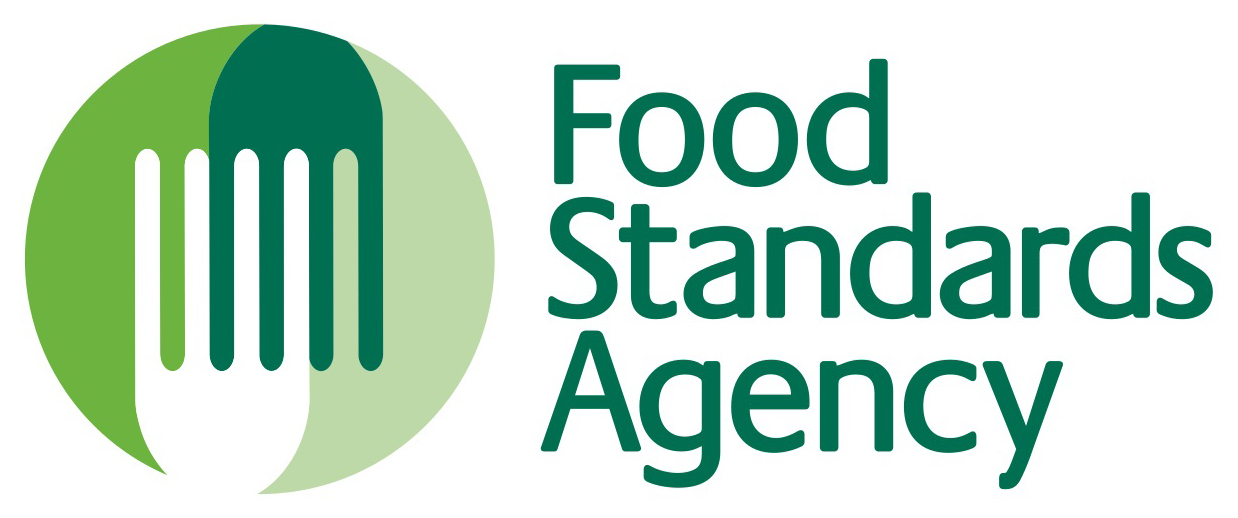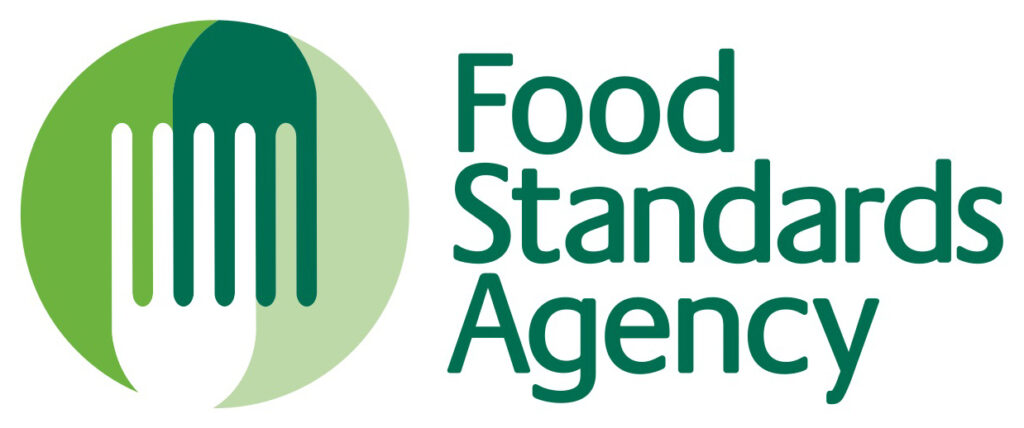In a long-awaited and major step forward for the UK’s CBD sector, the regulator has announced a new roadmap that could see the first products given official approval by Spring next year.
While this announcement comes nearly seven years after the novel foods process first started in 2018, the official authorisation of Cannabidiol (CBD) products would set a precedent not yet seen by the Food Standards Agency’s (FSA) international counterparts like EFSA in Europe or the FDA in the USA.
With three applications now having received positive safety assessments, the Food Standards Agency (FSA) and Food Standards Scotland (FSS) are set to launch an eight-week public consultation period early next year, before making a final call to ministers.
This consultation period offers a rare and long-called-for opportunity to stakeholders to be heard, and could serve as an olive branch for the FSA and business owners to rebuild a fractured relationship.
What happened?
Last week, the FSA’s Thomas Vincent and CBD Policy Team published a new report on the current status of the novel foods application process.
In it was a prospective timeline for three applications to reach the final stage of the process, whereby the FSA will make recommendations to government ministers who are required to give the green light before the authorisation comes into force.
“Subject to Ministers’ approval, the authorisation is written into legislation and laid as statutory instruments which are subject to Ministerial scrutiny before the authorisation comes into force,” the FSA stated.
According to the recent report from the FSA, it is ‘on track to make recommendations to ministers on our first CBD applications in the Spring/Summer of 2025’.
These recommendations will be based on a number of key principles set to be agreed on by the FSA’s board early next year.
Notably, and in a positive turnaround in rhetoric from the FSA following repeated accusations of a lack of transparency, these recommendations will also incorporate recommendations from the industry based on an eight-week consultation period.
This is set to take place in early 2025, offering stakeholders an opportunity to recommend policies and voice concerns around what many currently feel is a flawed and repressive regulatory regime, which has ultimately led to a huge contraction in the industry over the last few years.
The recommendations
The FSA Board has been invited to agree on five core principles underpinning the risk management of CBD applications:
- Consumer Safety: Clear advice on safe CBD consumption
- Proportionality: Balancing public safety with consumer choice and industry viability
- Ensuring Compliance: Only authorized CBD novel foods will be permitted on the market
- Supporting Enforcement: Facilitating retailer and enforcement colleague efforts to prevent non-compliant products
- Maintaining Trust: Upolding consumer trust in food safety and the FSA
Once these principles have been established, potentially with the industry’s input, they will be used to ‘guide the FSA’s approach to the risk management of CBD’ in two key areas.
THC content
The first and most contentious issue is THC content, with the FSA suggesting it will align with the Home Office’s stance.
“Home Office guidance has confirmed that any level of THC present in a substance renders it a controlled substance under the Misuse of Drugs Act. However, where THC is present at very low levels and cannot be readily extracted in a quantity that is liable to be abused, it can be defined as an exempt product under drugs law and can be freely traded,” the FSA stated.
The ‘Exempt Product Criteria’ (EPC) is a key element of this debate, and has already played a crucial role in seeing the Home Office admit to acting unlawfully in banning a CBD company from importing products to the UK.
Earlier this year, Business of Cannabis reported on the case of Jersey Hemp, which centered around EPC, a regulation relating to the Misuse of Drugs Regulations 2001.
While CBD itself is not a controlled substance, it is nearly impossible to avoid trace amounts of THC being found in full-spectrum CBD products. However, under these regulations, a product containing THC is considered ‘exempt’ if it meets three criteria.
It must contain less than 1 milligram of THC per product component, THC must not be easily extracted from the product ‘in a yield that poses a health risk’, and it must not be ‘designed for administration of the controlled drug to any human or animal’.
Josh Normanton, a barrister from Trinity Chambers who advised Jersey Hemp’s legal team, Field Fisher, on the case, explained: “There’s been a lot of big debate over the years about whether the exempt product criteria applies to food stuffs or CBD products. I’ve certainly dealt with that a lot. I am sure it does apply.

“What needs to be taken into account is that a CBD product is designed for the administration of CBD to the human being or animal, it’s not designed for the administration of the THC which is sometimes left in products in traces due to the manufacturing process. This means that at least one of the limbs of the exempt product criteria is met.”
The FSA adds that it intends to make recommendations to minsters on CBD products containing CBD where they ‘meet the Home Office exempt product definition’.
However, it stipulated that it will need to ‘carefully consider the legal and operational implications of regulating a product that is considered both a food and a drug’.
Aside from THC content, the other core aim of the FSA is to protect vulnerable groups, including under 18s.
As such, it proposes mandatory clear labeling, including information on the Acceptable Daily Intake (ADI) and warnings for specific groups, as well as restrictions on marketing to under 18s. Collaborations with industry, retailers, and local authorities will also be established to ensure compliance and inform consumers about risks.
ADI remains an incredibly contentious issue within the sector, given that this was abruptly and severely reduced from 70mg to 10mg a day.
In its latest report, the FSA notes that ‘scientific assessment to date shows that CBD does not pose an acute safety risk at 10mg a day for a healthy adult’.
The next steps in this process will likely be discussed and made clearer during the FSA’s board meeting in London on Wednesday 11th December.
Stakeholders are able to attend in person online, in person, or submit a question.
The post UK’s First Authorised CBD Products Expected by Spring 2025 appeared first on Cannabis Health News.
Go to Source
Author: Business of Cannabis


